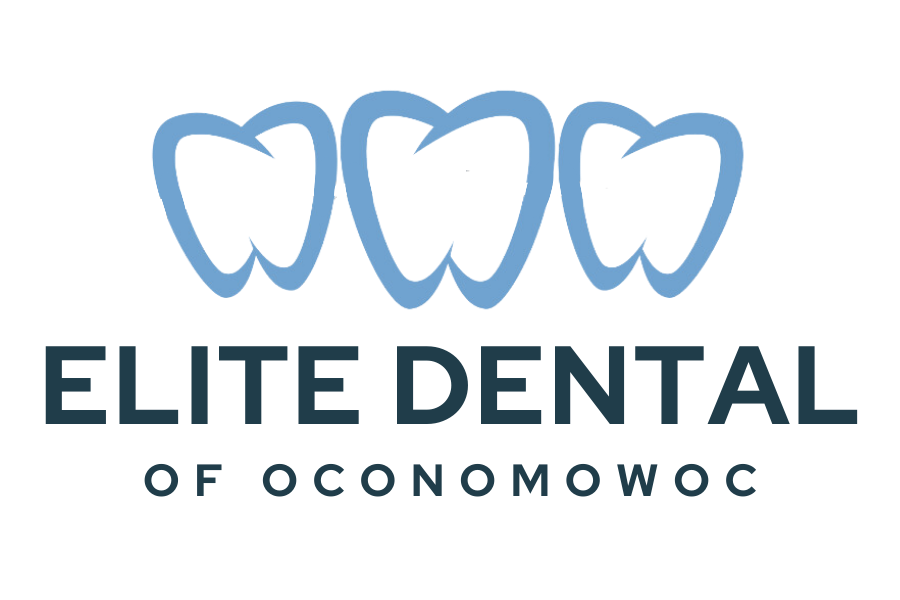FAQs
Why are soft drinks bad for your teeth?
Sugar and acids are your teeth’s worst enemies. What are we talking about? Soft drinks, energy drinks, fruit juices, and candy. Because of the acid content, Mountain Dew seems to be the worst of the worst. Dentists even have a name for the damage it does – they call it “Dew Mouth.” These soften the tooth enamel, making it highly susceptible to decay. Parents, watch your kid’s consumption of these, because young children’s enamel hasn’t developed fully. This makes these drinks even more damaging for kids. As well as eliminating the above (or at least reducing their consumption), use a sugar-free xylitol chewing gum after meals. Also, rinse your mouth with a high-quality dental mouthwash.
Is fluoride bad for you?
Fluoride is fine…in small amounts. Excessive fluoride can cause tooth enamel irregularities. Young children, especially, often swallow too much toothpaste while brushing. So parents, supervise your young kids while they brush. Kids (and even adults) often use way too much toothpaste (a pea-size drop is plenty). A little goes a long way.
My 12-year-old likes to chew ice. Is this harmful?
Tooth enamel is very hard, but that doesn’t mean you can’t break it. Try to avoid eating “hard foods” such as popcorn. Don’t crack nut shells with your teeth or chew on ice. Opening packages with your teeth can also damage the enamel.
I think I grind my teeth at night. What can I do about this?
Do you wake up with discomfort in your jaws or a persistent headache? If so, you may be grinding (called bruxing) while you sleep. Persistent bruxing can damage teeth and cause them to get shorter and shorter. It can also damage your temporomandibular (jaw) joints and even affect your hearing. If you suspect that you are a bruxer, call us today. Our doctors may recommend a night guard or other oral appliance.
Do the doctors check for oral cancer?
Yes, we do. Dentists and hygienists are your first line of defense in detecting and treating oral cancer. Each year in the US, approximately 30,000 people are newly diagnosed with oral cancer. Worldwide, the problem is far greater, with new cases annually approaching 300,000. In the US alone, a person dies from oral cancer every hour of every day. If you add the sub category of laryngeal cancers, the rates of occurrence (about 10,000 additional new cases per year) and death are significantly higher. However, the good news is, when found early, oral cancers have an 80 to 90% cure rate.
Why is it important to have regular teeth cleaning?
Did you know “teeth cleaning” does more than just clean your teeth? Removing plaque is absolutely essential if you want to preserve your teeth. It builds up on the tooth surfaces and between the teeth. Brushing and flossing are, of course, vital, but everyone needs their teeth professionally cleaned on a regular basis. Remember – only a dental hygienist can completely clean your teeth.
What is a TMJ disorder?
TMJ stands for temporomandibular joint, your jaw joints. The ache, discomfort, or tenderness in or around the jaw joints is called a TMJ disorder.
Signs that you might have a TMJ disorder are:
- Facial irritation or tenderness
- Jaw ache
- Ache in or around the ears
- Neck strain
- Jaw stiffness
- Discomfort while chewing
- Headaches
- Difficulty opening and closing the mouth
- Jaw “locking up”
- Jaw makes a clicking sound
- Teeth that don’t come together properly when eating or chewing
There are a variety of treatment options for TMJ. Be sure to ask us about these.
This is just a sampling of often-asked questions.
Have one of your own? Don’t hesitate to give us a call at 262-567-4466 so we can assist you.
